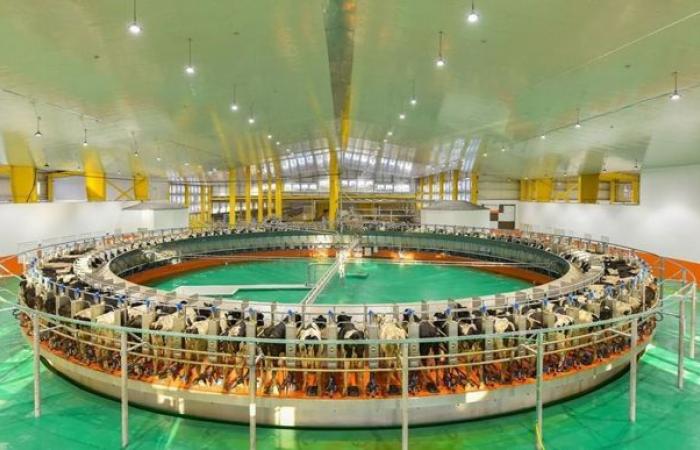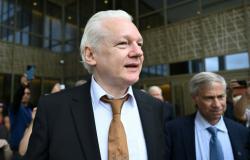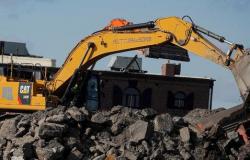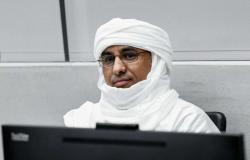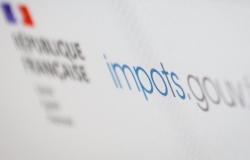With the aim of food self-sufficiency, Algeria is setting up a mega farm project with more than 200,000 dairy cows with the Quatarian company Baladna to produce milk powder.
Work will begin at the end of 2024 to one of the largest dairy farms in the world in Algeria. The agreement was signed in April between the Algerian Ministry of Agriculture and Rural Development and the Qatari company Baladna, already having to its credit a farm of 24,000 dairy cows in Qatar. The project for Algeria: milking 270,000 cows on 117,000 ha in the Adrar region in the far south of the country.
According to our colleagues from APS (Algeria Press Service), the development of this farm will take place over nine years with a first phase of development for the production of fodder, another of construction to accommodate the first 50,000 head in 2026 and the production lines of powdered milk. It is not until the ninth year of the project that the total number of 270,000 cattle is expected to be reached with a production of approximately 1.7 billion liters of milk per year. We are a long way from our French “farm of 1000 cows” which caused so much ink to flow to draw the curtain 5 years after its creation…
Objective: food self-sufficiency
For the largest country on the Mediterranean rim, this project is part of the objective of reducing its dependence on imports by strengthening its food self-sufficiency. “Algerians consume on average 150 liters of milk per year per inhabitant (compared to around 40 l/year/inhabitant in France), it is a dynamic sector”, recalled Christine Goscianski of the Livestock Institute on the occasion of the world markets day on June 11. “Only half of the milk consumed is produced in the country and this is compensated by the massive production of dairy products from imported milk powder. »
Although the country’s economy is dominated by the hydrocarbon sector, Algeria is refocusing on its agriculture. “Before, the choice was to import rather than produce, but today there is a real desire to promote local production. » Until now, it remained complicated: the herds are relatively small, the collection rate is low and the country faces a large fodder deficit. But “the shift is taking place,” says the expert: there is, for example, work on harvesting fodder and especially this big project of mega farm in the south of the country.
This giant dairy farm should also cover half of the country’s needs, enough to fill the current gap without “affecting other Algerian milk producers” according to government representatives.
Some ethical questions
The project, whose investment amounts to 3.5 billion dollars, is causing a lot of reaction on social networks at a time when animal welfare is being studied under the microscope in France… Moreover, the Algeria, in its conquest of food self-sufficiency, has a real challenge to overcome in terms of water management because all the crops there are irrigated. The fact of building such a breeding facility in the open desert is real ecological nonsense for some. Not to mention the breeding conditions faced with the scorching temperatures in the south of the country.
Another subject that raises questions: the company behind the project. Baladna was born with the creation of a farm of 24,000 dairy cows in Qatar in 2017 in order to respond to a blockade imposed by its neighbors. This was done in record time with the importation by plane of more than 10,000 cows, the transport of all the necessary fodder from Sudan, and the creation of a dairy to bottle the milk.
What is also talked about is that the Baladna company is linked to the bottom Hassad Food founded in 2008 and whose strategy is to purchase thousands of hectares of arable land in various regions of the world such as Sudan, Australia, Turkey, Ukraine, Brazil, and even Kenya.

